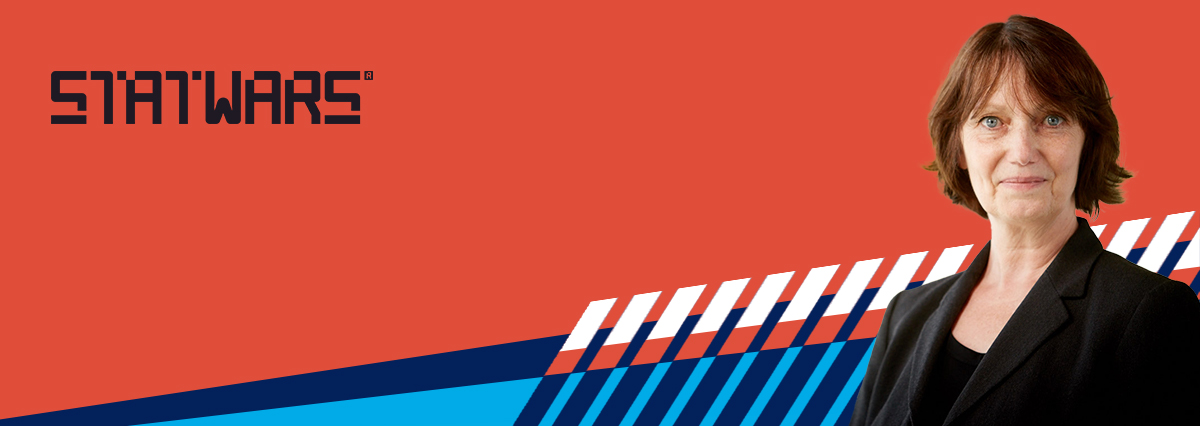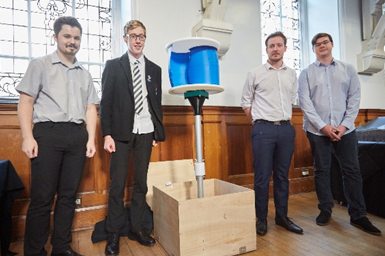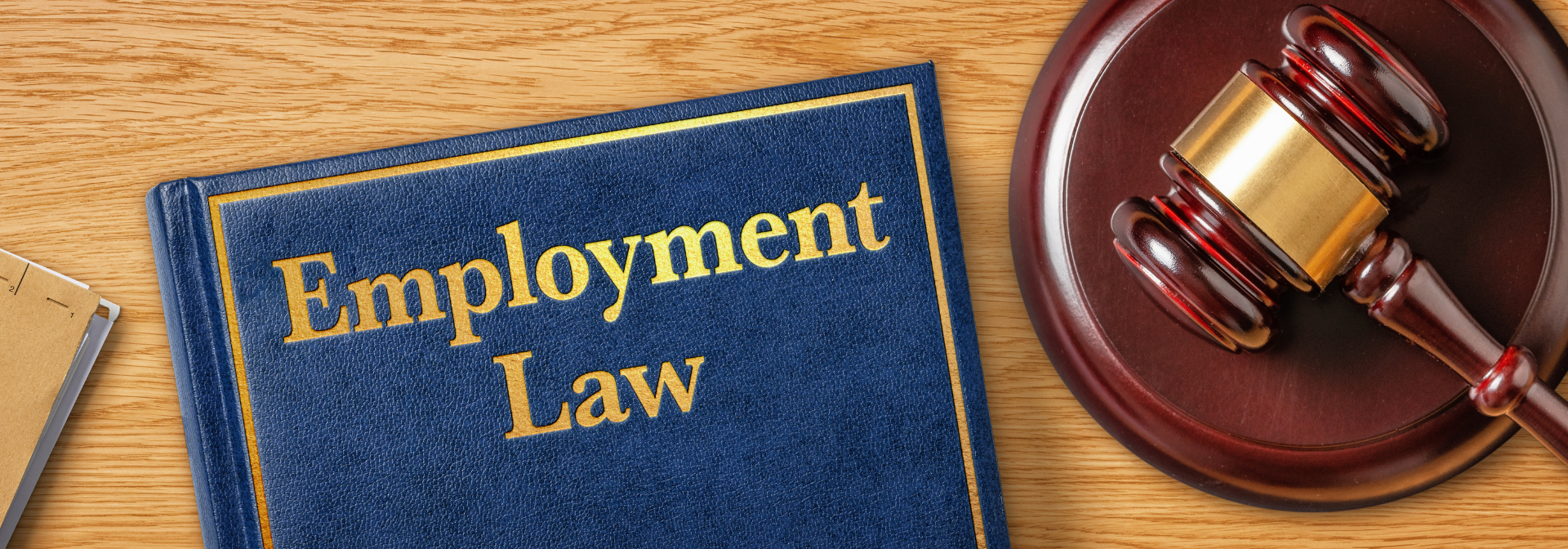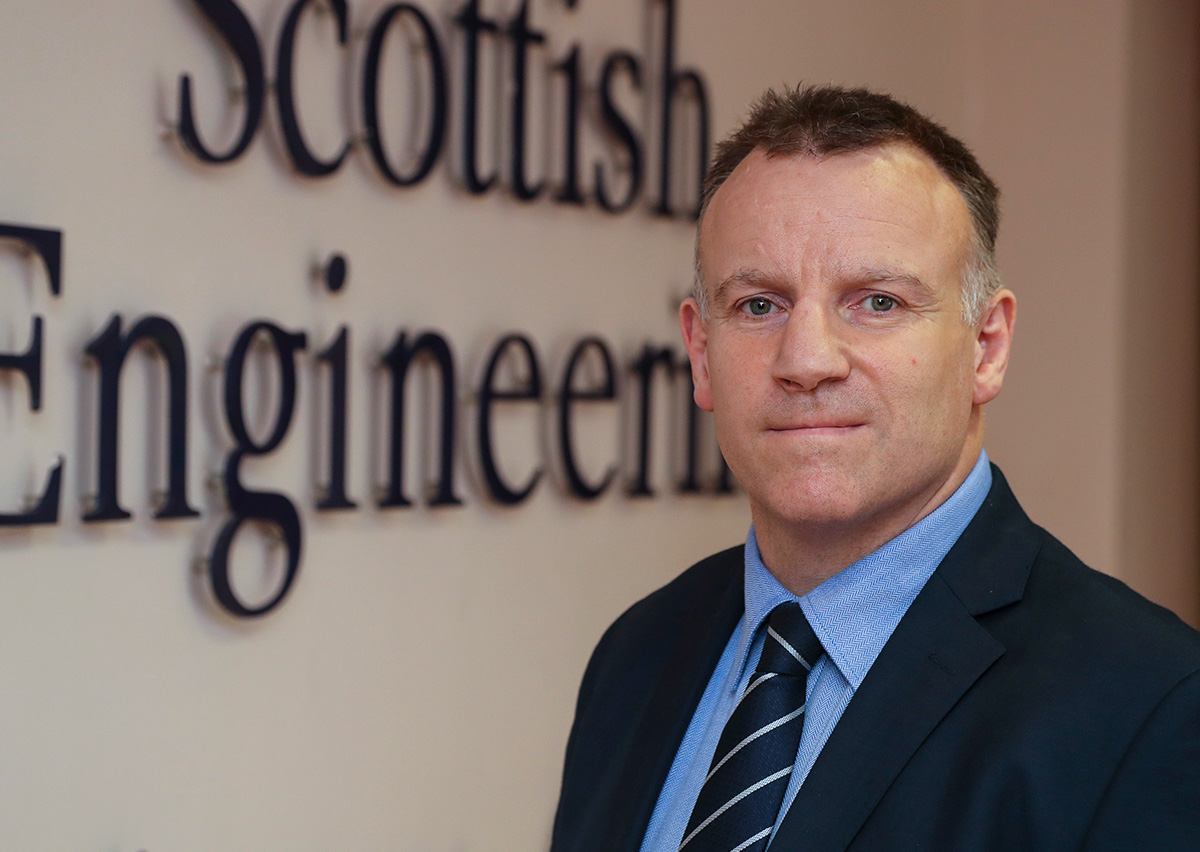
Statwars: Big data at the heart of the climate change challenge
Guest Writer
Dr Susan Scurlock MBE
Chief Executive and Founder
Primary Engineer Programmes
As the plans around COP26 in November emerge from the COVID fog, the one certainty we have is we have to make it work. Not just the events, the meetings, and the conference, but the outcomes, the promises, and the commitments.
For so many of us Big Data has been sitting on the horizon, something we should know what to do with but many of us weren’t quite sure what. Now, sadly COVID has publicly demonstrated its power as it leads us daily through and hopefully out of a pandemic.
Commitments to Net Zero from companies, promises, and plans by governments are, as they should be, constantly in the press and on the news – but what are we personally going to do? We can recycle more, be more aware of the air miles of avocados, but how do we empower our young people to really understand and take data-led action by looking at the facts, in essence looking at the data?
At Primary Engineer we believe all young people are capable of great things given the opportunity to experience engineering and develop engineering skills. We have seen remarkable outcomes from the ‘Scottish Engineering Leaders Award – If you were an engineer what would you do?’. Here learners of all ages have regularly demonstrated their desire to help others and their altruism has inspired many, such as universities who annually choose young peoples’ inventions to build and refine.

The Flat pack wind turbine for refugee camps built by Glasgow Caledonian University Proto-Team
What we have also witnessed are the influences on those ideas – David Attenborough’s Blue Planet produced a huge impact on entries the year it was first released, before its influence slowly tapered away. We wondered if the same effect would be witnessed with COP26 hosted in Glasgow, how long would the impact, the commitment to change stay with young people across the UK.
We devised the ‘STATWARS: Climate Change Challenge’ to take a different approach to engaging learners. We put data at the heart of the problem, and asked learners to consider their daily lives to identify three things they could personally commit to change.
COP26 isn’t just about government or industry, it’s about what goes on in our personal lives, our homes, kitchens, cars and classrooms. As we have the sense to allow science and data to lead us through a pandemic, we should also encourage our childrens’ use of science and data to lead us through the climate crisis.
If you would like to be involved, please contact us or visit the STATWARS website here. There are home learning resources alongside classroom ones, so feel free to use at home and encourage your own Climate Change STATWARRIORS to take part.







